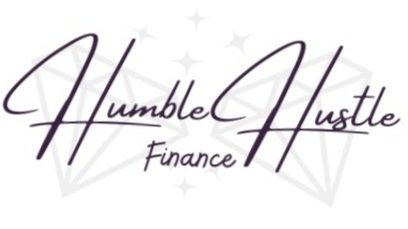Identity Theft For Millennials
What is identity theft?
Identity theft is a criminal activity in which someone gains access to someone’s personal information in order to commit fraud. Here are a few things thieves tend to use your information for:
Drain your bank account
Open new accounts under your name
File fake tax returns
Access public records
Steal your name
Receive medical care
For millennials, the risk of identity theft is at an all-time high. Social media puts personal information right into the hands of thieves. We are always so quick to sign up for the latest social media network because we want to follow where the crowd leads. We tend to share birthdays, vacation stays, places we've lived, contact information, who we are related to, and even work experience. Little do we realize, we are inviting a stranger inside.
Access to public WI-FI, unencrypted websites, and phishing emails are a few techniques that thieves use to steal information. An innocent trip to our local Starbucks can turn into a world of trouble for us.
According to Javelin Strategy 2016 Identity Fraud report, "fraud incidence rose from 16% to affect 6.15% of U.S Consumers, from 5.30% in 2015, the highest on record."
Identity Theft Protection
Identity protection companies vow to monitor, alert, and recover your personal information in exchange for a yearly or monthly fee. They don't prevent someone from stealing your personal information, but they do alert you after it is stolen.
Companies such as LifeLock restore and resolves your identity protection problem. They reimburse anywhere from $25,000 to $1 Million depending upon which plan you choose. Prices range start somewhere around $29.99 plus $5.99 per child. IdentityForce is less expensive and you can get a family plan that will cover up to two adults and any children 25 years old and under. Id Watchdog keeps monitoring, alerts, and recovery processes simple. They also help you recover from pre-existing identity theft. Prices start at just $19.99 per month. Always remember to compare and consider your options before determining which company to hire.
You should consider identity theft protection if you aren't disciplined enough to keep a close eye on your own credit, if you don't want to freeze your credit reports, or if you are currently a victim of identity theft.
How To Protect Yourself From Identity Theft
Check your apps- Be aware of what apps are doing at all times in the background. Thieves can siphon data or install viruses on your phone or computer.
Create a personal persona- Lock down your information to any unknown person. This can prevent thieves from hacking your information.
Difficult passwords- Make your passwords longer and more difficult. Don't make them obvious. A lot of times answers to passwords and security questions can be found on your social media page.
Don't respond- Unsolicited requests by phone, email, or online for any of your personal information should not be answered.
Place a hold on your mail- If you plan to go on a vacation, be sure to have the post office hold your mail until you return.
Shred- Anything that contains personal information should be shredded.
Firewalls & Virus Protection- Ensure that you install the latest version of firewalls and virus protectors on your computer.
Change Passwords- Change passwords periodically. Remember to make them difficult. If you can't remember them, write them down and store them in a safe place.
Social Security Number-Keep your social security number in a safe place. Don't carry it in your purse or wallet and don't give it out over the phone.
Keep an eye on your credit report- You have the right to request a free credit report each year from AnnualCreditReport.com.




